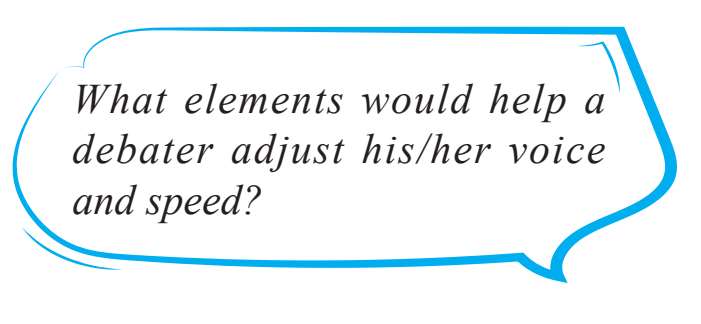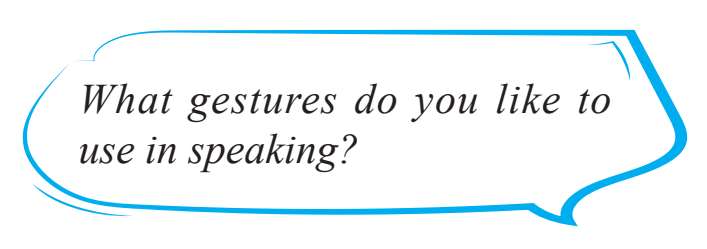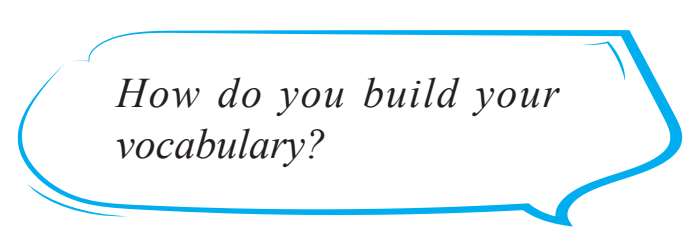




Preparation is the key to overcoming debaters’ fears about public speaking. In debate,preparation means getting ready to organize one’s thoughts on the spot by organizing the mind efectively. It also means giving a number of practice speeches, so a debater feels comfortable about the process of using 2-minute preparation time to best advantage in creating a 3-5 minute speech.
In debate, preparation means organizing our arguments in an effective manner. For oratory, preparation involves one’s personal development of the speech from the idea creation event through the drafting and memorization work that will need to be done on a consistent and repeated basis. Repetition of the oration that one creates, to one’s parents,siblings, friends and even to the mirrors in one’s house will make a debater more confident, and less afraid, to speak for 10 uninterrupted minutes to complete strangers.
Tip:
If you know your message,believe in its truthfulness and deliver the message in a manner that is comfortable for you, then you will become an effective advocate, and a persuasive public speaker.
In debate, hard work and practice really pay off. The work comes in anticipating another team’s arguments, researching the merits of and possible responses to those positions and then practicing the delivery of the replies, and counter-replies, to the cases and arguments against which one anticipates he or she will need to be ready.
…
In general, as with any competitive endeavor, the more one practices and prepares the better one will become. The best debaters are the most confident, sounding and appearing speakers. If a speaker knows the message, believes in its truthfulness and delivers the message in a manner that is comfortable for him, then he will become an efective advocate and a persuasive public speaker.
After-reading Activity
1) Form a group of three or four students and share your experience in a public speaking preparation.
2) What kind of preparation and practice do you think a debate team should do?
Speaking to an audience, or a judge, can be broken down into five basic components.Just like a pitcher in baseball must have good “mechanics”, so too must an efective and confident sounding public speaker. One way to make a pitcher better is to work on the component parts, which are the little things that a pitcher must go through each time he winds up or delivers a pitch. Similarly, the best method to improve the ability and confidence of a public speaker is to work on the “little things” that separate the pleasing from the annoying, the enjoyable from the awkward and the exciting and interesting from the dull and boring.
By way of overview, the five component parts to work on, and work at, are as follows: 1) voice; 2) gesture; 3) movement; 4) eye contact; 5) language choice.Each component part will now be addressed simply by highlighting some generic dos and don’ts and by supplying some practical tips to make your mechanics more mechanically sound.
Voice
The voice component of speaking in public incorporates five separate areas that need to be understood, and practiced. The first and most important component of making a speech concerns taking a breath. Without air in the diaphragm, no words will come forth. The second physical aspect to be worked on and adjusted is volume. The third piece of the voice puzzle is the speed at which you talk. The fourth part of the vocal delivery picture is the enunciation/pronunciation daily double. Finally, speakers must regulate and modulate their pitch.
As not every environmental situation can be predicted, keep four rules of thumb in mind in an efort to begin to feel confident in front of an audience:
① Always speak loud enough to be heard by everyone out there;
② Never speak so loudly that you ofend anyone in your audience;
③ Vary your volume on your own because being monotone in your delivery puts people to sleep; and
④ Self-adjust your volume up, or down, in order to make a special point, with emphasis, even more special than your words alone will permit.
At the elite levels of debate, the speakers talk so fast that virtually no one can understand them. The reason for doing so relates to the need for the debater to fit the maximum number of arguments into a fixed period of time. Being too slow when speakers speak may mean being too boring when others listen. Either way, experience will help one decide when to speed up, when to slow down, and when one is proceeding just right for one’s target audience.

Enunciation is how well one uses one’s breathing, tongue and lips to speak a word that can be understood. It is the art of speaking the word itself clearly and distinctly.
Pronunciation is how well one understands the word one is using by putting the letters of the word together in the proper order, and placing the correct emphasis on just the right syllable so that when one says the word, it sounds like it is supposed to sound. The secret to the efective use of words is to practice saying a lot of diferent words. Further, one must acquire and develop a large, post-college, graduate school level vocabulary, knowing what words mean, and understanding how they are correctly pronounced.
Gesture
For the deaf or the vocally impaired, gestures are the voice of the speaker. In competitive speech and debate events, gestures are a valuable means for communicating a rich, complete message. In general, using gestures wisely, efectively and well often will make a diference between being heard and being remembered.

Rather than list out the universe of possible gestures that can be used in any given setting, it is best to identify some rules that might help one to meld his/ her words with his/her physical speech.
① Gestures should complement one’s oral message, not conflict with his / her message.
② Expressive speakers use their bodies, faces, hands and arms to good efect when speaking.
③ Like voice volumes not heard, gestures that are not seen communicate no messages at all.
④ Smooth and controlled gestures are better than awkward and random ones.
Movement
How a speaker moves across a stage will signal how confident he /she feels about his/ her message. If a speaker is frightened, he /she will either: 1) tends to stand still and sway back and forth; or 2) fidgets about nervously shifting his/her weight from one foot to the other.
In general, movement involves three specific components. First, stand up straight and tall and communicate both his/ her own personal strength and the self-confidence that he /she posses in the strength of your message. Keep one’s weight evenly distributed,hold one’s head high and his/her shoulders erect. Do not bend at the waist, but stay vertical keeping hands at his/ her sides, unless one intends to make a gesture with his/ her arms or hands at an appropriate moment.
Second, for most first time speakers there are always difficulties concerning the elimination of involuntary movements. The best way to approach the elimination of involuntary movements is to stay calm, practice in front of people who are not afraid to tell you the truth and speak, on occasion, looking directly into a full length mirror.
Third, knowing when to move, and how to move, becomes the real lesson that needs to be learned if you are to become an effective, accomplished and polished public speaker. Here, a couple of concepts seem to work well. Initially, move for a purpose that is consistent with the message you are conveying at a significant moment in your speech. For example, when your speech is shifting from introduction to the body,move your physical body to establish the transition.
After-reading Activity
1) Form a small group and practice giving a 1-minute speech on a topic you like. Try to speak with proper gestures and movements.
2) Evaluate your group members’ performance and provide some suggestions for further practice.
Eye Contact
The eyes are the windows to the soul, so said someone famous. Look into the eyes of those to whom you are speaking, observe their reactions and relate to them, and they will hear your message and understand your point. Without question, making efective eye contact is the best possible way to generate feedback from your listener.

There are three general rules that might help you to make better contact with your audience, regardless of how large, or how small, is your group of listeners.
First, look people in the eyes when you speak to them, and when they speak to you!Looking away, looking down and looking up distract from and interfere with efective communication in any setting. Be confident and proud enough in yourself and in your message so that you can look past the fear in your inner eye and communicate by looking into the eyes of your audience.
Second, when speaking to a group move your eye contact around the room, but make contact throughout the room. Further, by including people from all parts of the room in your eye contact patterns, you can build up a rapport and synergy with an entire group of people. The energy created will feed upon itself and you will be the ultimate beneficiary of that energy.
Finally, take eye contact breaks, but not overly long ones. Sometimes, breaks can consist of long blinks. Other times, they can be a glance up, above the listeners head,or a slight turn of your head moving your eyes just slightly of to the side. As a bottom line, always remember that whenever you are speaking, you are speaking to someone.
Language Choice
A great speech is like a wonderful piece of artwork. The canvas of the speech is the subject matter or the topic selected for the presentation. The brushes and the palate upon which the paint is kept are the voice, gesture, movement and eye contact of the speaker. Words, however, are the paint that the speaker uses to give life to the vision.

Much can be said and written about language. For these purposes, if you desire to become a proficient, successful public speaker you must develop a vocabulary that is second to none, and the wisdom, judgment and discretion to know when to use precisely the right word at just the right time. In general, language is efective when it is used properly, concisely and not to excess.
Build your vocabulary by reading great books, by listening carefully to wonderful teachers, by watching quality movies and, yes, even quality television shows. You can also increase the language efectiveness of your public speeches by memorizing short,pithy quotes from famous authors or scholars. Resource books can be looked to, and studied, to help you acquire a mental working library of your own.